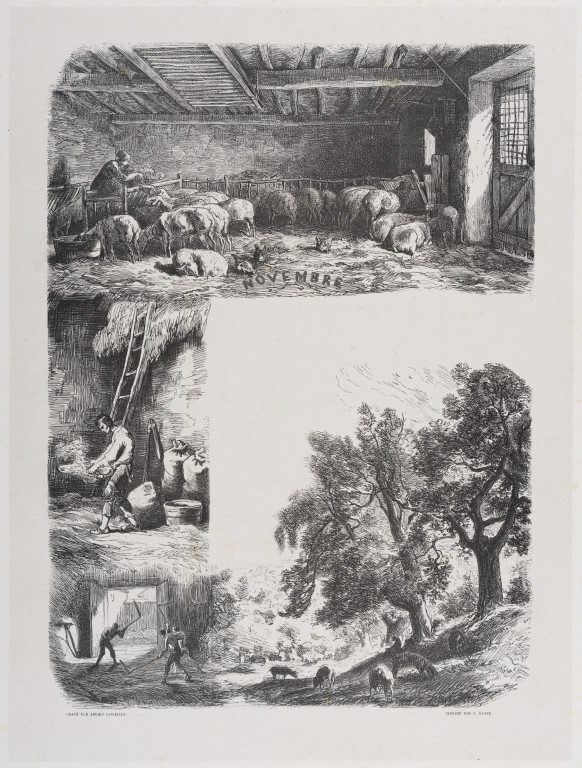

The fourth part explores the cultivation of sentiment, with particular focus on natural religion. Rousseau's five-part approach devotes the first three sections to Emile's early education, including the child's interactions with the larger world and the selection of a trade. With its theories on the retention of innate human goodness and the avoidance of corruption from bourgeois society, the book offers prime examples of the author's philosophy. Emile recounts a boy's education, and Rousseau considered it the most important of his writings. A foundational text of Western education, this 1762 treatise served as a model for a new approach to teaching during the French Revolution.


 0 kommentar(er)
0 kommentar(er)
